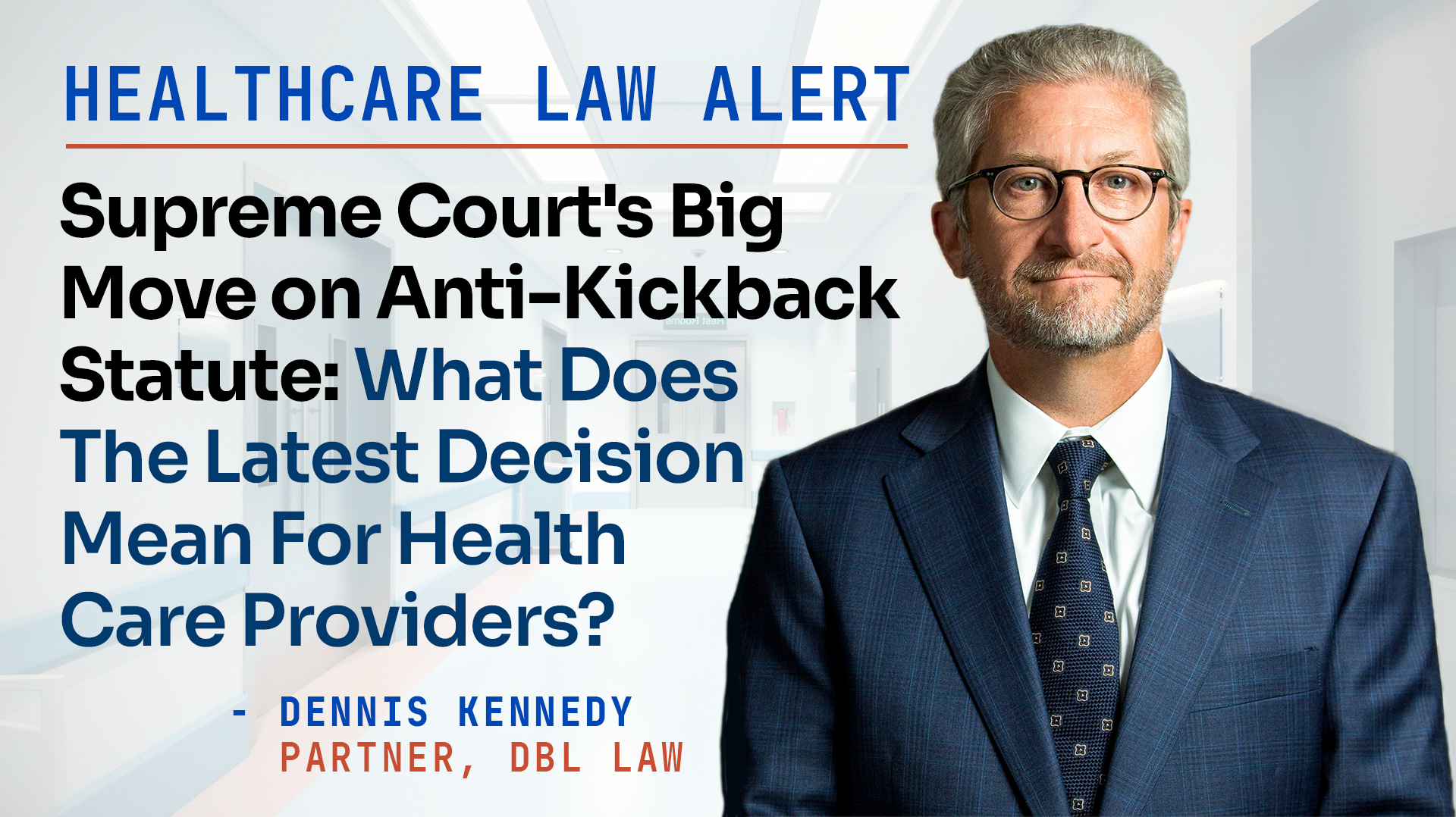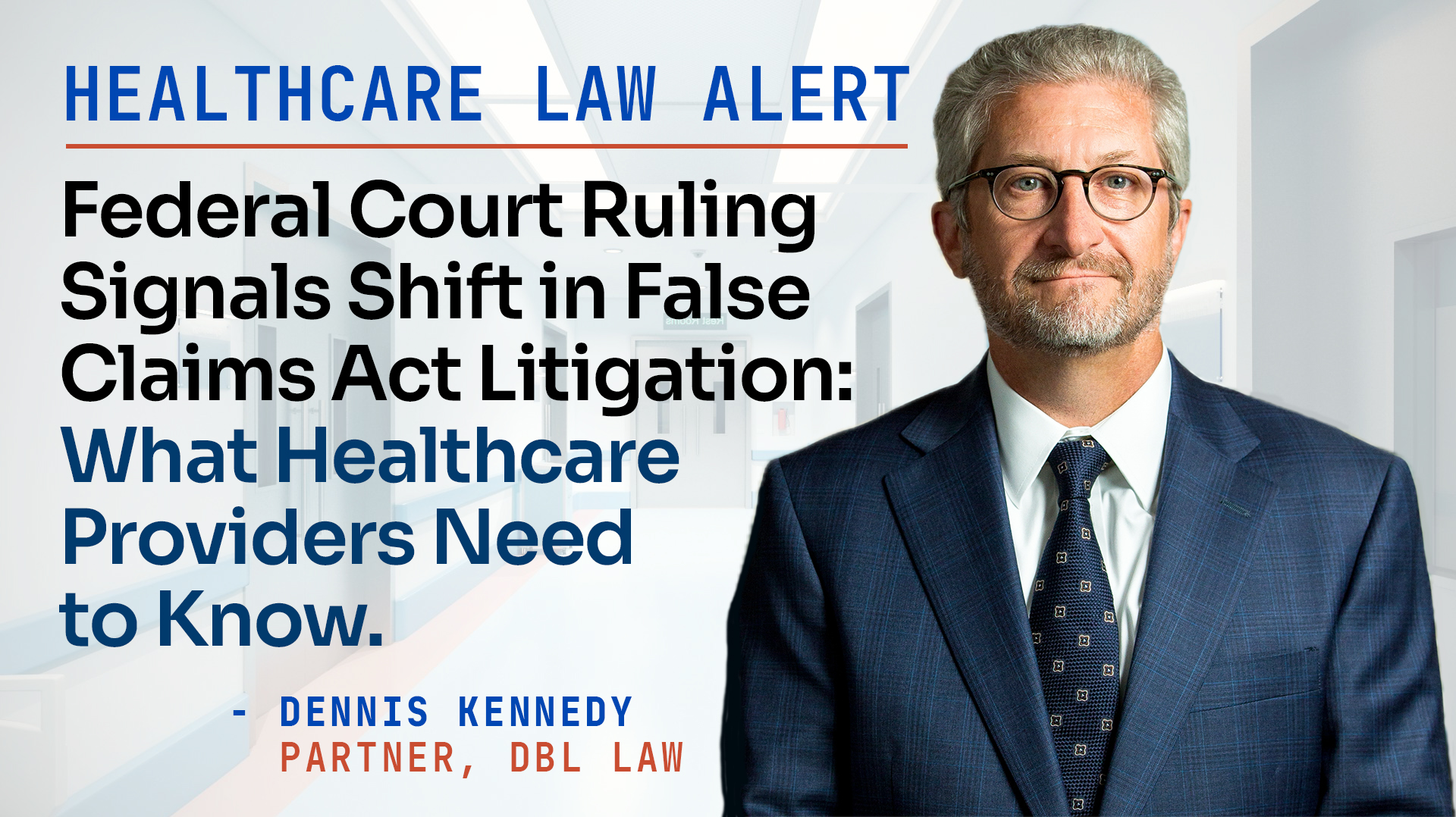Although we’ve passed the April tax filing deadline, the IRS issued an alert on June 5, 2019, urging taxpayers to stay alert as they monitor a surge of phishing emails and telephone scams.
The IRS reports seeing two new variations of tax-related scams:
- Social Security Number Scam. Scammers claim to be able to suspend or cancel social security numbers. It is yet another attempt to get individuals to return “Robocop” voicemails. The scammers may mention overdue taxes in addition to threatening cancel social security numbers.
- Bogus Tax Agency Scam. A letter is sent threatening an IRS lien or levy based on a false claim of delinquent taxes owed to an agency that actually doesn’t exist. The notification may likely include references to the IRS to confuse potential victims into believing the notice is from a legitimate organization.
Phishing scams can easily occur by phone or email. Taxpayers are reminded that the IRS does not leave pre-recorded, urgent or threatening telephone messages. In many instances, victims are told that if they do not call back, a warrant will be issued for their arrest.
Other threats may cite law enforcement agency intervention, revocation of licenses and deportation. Remember that “spoof” phone numbers may appear on caller IDs which appear to be from anywhere in the country, including from an IRS number, local law enforcement office, federal agencies and others designed to convince those impacted that the call is legitimate.
The IRS does not contact taxpayers via email to request personal or financial information. Most of its contacts happen via U.S. Postal Service. There are special circumstances when the IRS will call a home or business, including when a taxpayer has an overdue tax bill, a delinquent tax return or employment tax payment or should the IRS need to tour a business as part of an audit or collection or criminal investigation case. If you receive an email from the IRS that you suspect is fraudulent, report it by sending it to phishing@irs.gov.
The IRS does not use text messages or social media to communicate details regarding personal tax issues, including those involving taxes owed or refunds.
*Dennis Kennedy is a partner with DBL Law and leader of the firm’s Technology Practice Group. He represents businesses, hospitals and health care providers on corporate compliance, fraud and abuse, data breach and other matters. DBL Law is a full service law firm with offices in Cincinnati, OH, Louisville and Northern Kentucky.



